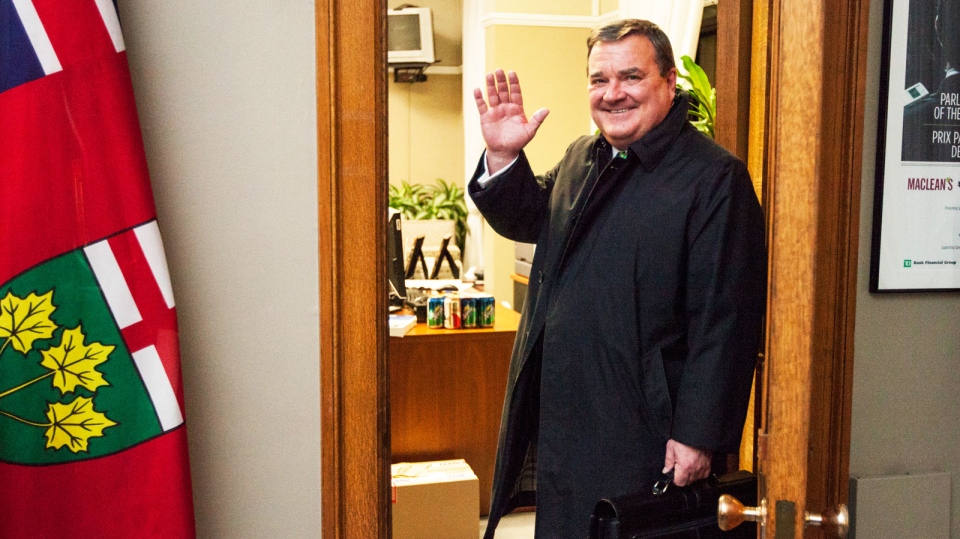We are all saddened and shocked to hear of the news of Jim Flaherty’s passing and our condolences go out to his family, friends and colleagues. While his interventionist tendencies in the mortgage industry left many scratching their heads, no one can argue that Canada is a much better place for having Mr. Flaherty in it and having him as our diligent finance minister for eight years.
It’s been about a month since Jim Flaherty resigned as Canada’s Finance Minister and we are left wondering if the mortgage landscape is any better or safer because of the changes he implemented in his eight year reign.
While many will agree, the mortgage industry needed some changes, it goes without saying that the meddling went a little bit too far.
I laughed when reading an article in The Globe and Mail last month where Gordon McCallum, President of First Foundation Inc. was quoted as saying “I might liken his interventionist tendencies in the mortgage market to ‘pouring gas on a fire’ and, then ‘shooting a dead horse.’”
According to Rob McLister at Canadian Mortgage Trends, in protecting Canadians homeowners from themselves and lenders from excesses, Mr. Flaherty ultimately made it harder for millions of families to get mortgages. But he also reinforced the very foundation of Canada’s banking system. We ended up with a safer mortgage market because of him.
Yes, absolutely, he made the market safer but I haven’t witnessed a huge decrease in people’s ability to qualify for a reasonable mortgage. I think the global economic crisis and the ensuing mortgage changes have, in a very good way, created more realistic and more cautious borrowers.
I have always been cognizant of borrowers’ maximum qualification versus the true affordability of their purchase and have, in a number of cases, talked borrowers out of higher priced homes and into something that won’t cause financial strain should, for example, someone lose their job for a period or they choose to have a/another baby and they lose their second income for a year, or in some cases indefinitely.
So while there is definitely a segment of the population that can’t afford to get into the market, should they ever have been able to? Home ownership can be a great tool to reach your financial goals, but it’s not the only way and it’s not for everyone.
About the same time as the article on Jim Flaherty’s legacy in the mortgage industry came out, there was another article about how more and more of Canada’s self-employed population are “hitting a wall” when it comes to applying for and qualifying for a mortgage. Specifically those that don’t pay themselves an adequate salary and declare this to the CRA as taxable income.
The main difference here is that prior to the new rules in late 2012/early 2013, self-employed borrowers could finance up to 75% loan to value (a 25% down payment) without be required to pay a default insurance premium (i.e. CMHC). This was decreased to 65% under the new B-20 rules.
Looking at the average mortgage amount of $300,000, this change means a $3,000 premium (1% of the mortgage amount) for those without a 35% down payment. With 70% of mortgages in Canada being insured, is this $3,000 premium really going to stop someone from proceeding with a home purchase? It certainly doesn’t deter the millions of homebuyers who only put 5% down and pay a much higher premium (now 2.75% but will be 3.15% as of May 1, 2014).
Remember too, that for those who can verify adequate income through their last two years’ Notices of Assessment and the company’s ability to continue to pay through Business Financials, this is a moot point, they are treated just like a salaried employee.
Back to the ongoing threats of more changes to come; what are we in for with the new Finance Minister, Joe Oliver? Well according to Jim Murphy, President and CEO of the Canadian Association of Accredited Mortgage Professionals (CAAMP), “with his Bay Street roots and arguably more free-market mindset, some anticipate a more hands-off approach to the mortgage market.” So perhaps not a full sign of relief just yet, but a short breath anyway.



Leave A Comment